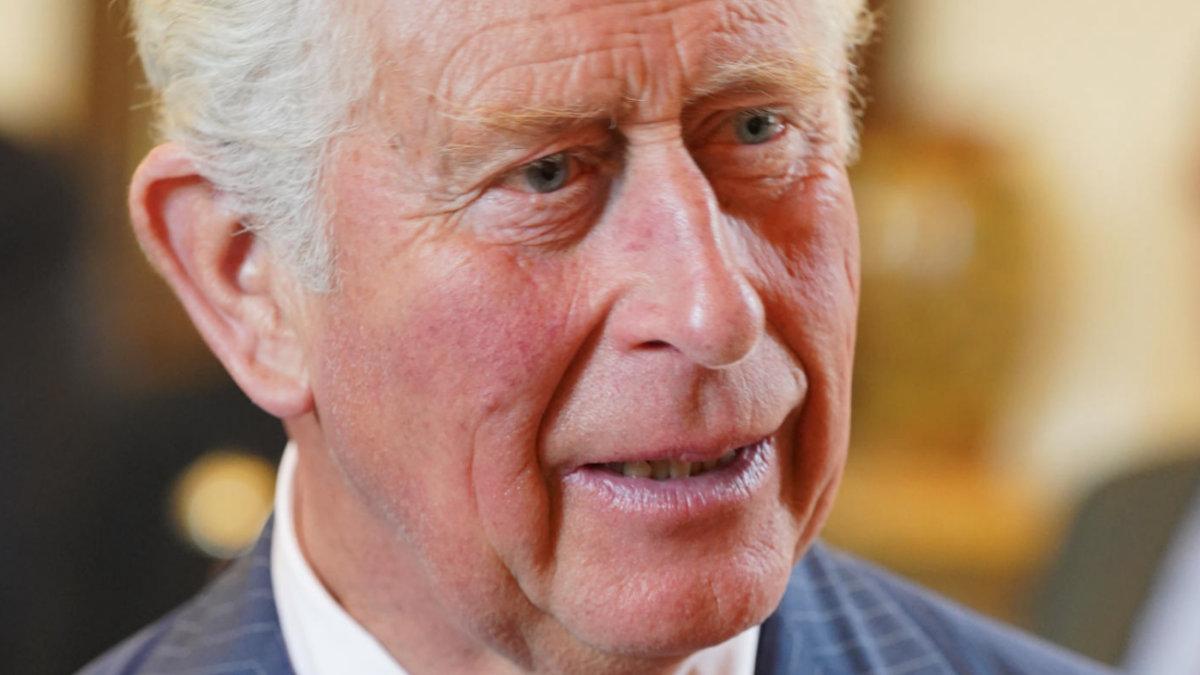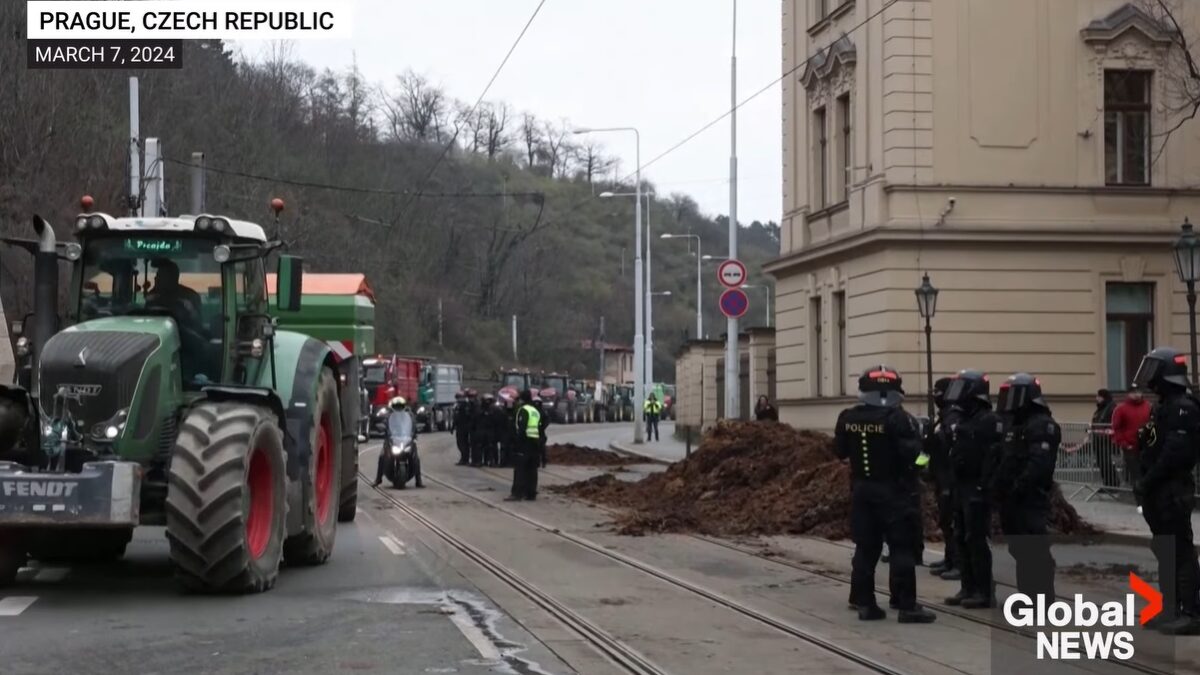“My whole life,” said then-Princess Elizabeth on her 21st birthday in 1947, “whether it be long or short, shall be devoted to your service,” and it was. The late Queen Elizabeth II reigned for more than 70 years, and while the world went through dramatic changes caused by wars, social revolution, and the rise of the digital age, she remained a symbol of stability and continuity in Britain and a figurehead under which Brits of all ideological leanings could unite.
Winston Churchhill praised the monarchical government for “separat[ing] pomp from power.” In other words, prestige is given to a unifying, politically-neutral monarch, while power, but not cachet, is left in the hands of elected members of parliament. Often critics of our American system of government point to how the absence of a head of state has led to politicians acquiring celebrity status and our elections devolving into high school-like popularity contests.
Churchill also boasted about the “wisdom” with which Britain “places the supreme leadership of the State beyond the reach of private ambition.” Unfortunately, this idea that the modern monarchy is “beyond the reach of private ambition” appears to have died with the queen. Her son, King Charles III, has abandoned all semblance of impartiality and has aligned himself with globalists cloaked as environmental activists who don’t care about the welfare of Charles’ people or any of us common folk, for that matter.
A Globalist King
During the 2020 Davos World Economic Forum (WEF), then-Prince Charles officially launched “The Great Reset,” declaring that the Covid-19 pandemic “offers an unprecedented opportunity to rethink and reset the ways in which we live and do business.” The prince, who traveled to Switzerland on a private jet, stated, “We need nothing short of a paradigm shift, one that inspires action at revolutionary levels and pace.”
Charles had his remarks turned into a video titled “#TheGreatReset,” which was posted on the royal family’s official YouTube channel, complete with dramatic background music and high-definition footage of solar panels and melting ice caps.
By making himself the face of the WEF’s “Great Reset,” Charles made clear his brand of environmental activism isn’t hugging trees or establishing wildlife sanctuaries.
The World Economic Forum’s Crooked Agenda
The WEF lobby has used its money and powerful supporters like Charles to push governments into adopting their “Build Back Better” socialist master plan for transitioning economies from relying on coal, oil, and natural gas to insufficient supplies of wind and solar power. Consequently, manufacturing and transportation costs have skyrocketed.
Thanks to the WEF, the whole world, but particularly Europe, is experiencing not a climate crisis but an energy crisis. Fox News reported Monday that as winter descends on Europe, “offices are getting chillier. Statues and historic buildings are going dark. Bakers who can’t afford to heat their ovens are talking about giving up, while fruit and vegetable growers face letting greenhouses stand idle.”
The WEF’s push to heavily regulate agricultural and livestock farming is also making food more expensive and scarce. When Sri Lanka embraced the Davos way and put bans on imported chemical fertilizers, it resulted in massive crop failures and sky-high fuel prices. In July, the Sri Lankan president fled to the Maldives as hungry citizens stormed the capital. Today, the socialist country has turned into a totalitarian hellscape.
If the World Economic Forum and its supporters were in the business of helping people, they would have had a moment of introspection after watching the horrible outcome of their policies in Sri Lanka. They’d have collected donations from the more than a hundred billionaires who attend their yearly conference and sent food and supplies to starving, suffering Sri Lankans, apologized to the world, and then quietly disappeared off the face of the Earth.
They didn’t, though. Three months after Sri Lanka declared a food emergency in August 2021, Charles instructed world leaders to adopt a “military-style campaign to marshal the strength of the global private sector” in order to help combat the so-called climate crisis.
How do the environmental elites plan on using the private sector? So-called “Environmental, Social, and Governance,” or ESG. ESG, according to the World Economic Forum, is a measure of how “good” a company is.
This environmentalist moral scoring system allows the centralized bureaucracy to control businesses and their products (Sri Lanka received a nearly perfect score for its fertilizer ban). “This creates a situation where companies are no longer competing on product quality or customer service — but virtue,” wrote Flat White in the Spectator.
“It is the sort of policy that allows a billion-dollar chemical company growing food in a lab to earn a ranking as a ‘morally superior entity’ — shoving out the little family farmer living on the land with a couple of cows,” White added.
While the WEF has carried on creating the West’s current energy and food insecurity crisis, regular people are catching on and fighting back. Notable examples include the Dutch farmers rebellion and the Canadian truckers’ Freedom Convoy. More recently, Sweden and Italy elected populist right-wing governments. Britain is not blind to the crooked intentions of the global elite, either, as they famously showed during the 2020 “Brexit” from the European Union.
Charles Threatens the Monarchy
People aren’t stupid. A worldwide revolt against the global elite is catching fire. Charles now finds himself in the perilous situation of being the face of the WEF’s “Great Reset,” which is the reason people can’t afford groceries or heating in their homes.
Over the decades, the royal family has been plagued with scandal. Every time the royal PR department thinks they can catch a break, Harry and Meghan are doing another interview and Netflix’s “The Crown” is coming out with another season. Holding the institution together through decades of scandal was Queen Elizabeth. Her steadfast devotion to duty kept the royal family in the good graces of the people. During his years as Prince of Wales, Charles proved he is no Queen Elizabeth.
Churchill declared with pride that the monarchy was “a practical instrument and means of national self-preservation against every type of republic and every degree of dictatorship.” However, it’s evident that only works when the monarch understands his or her role.
The crown is in a precarious state in the wake of Elizabeth’s death. Charles is about to make a solemn oath to the British people, not Davos. One heart cannot serve two masters, and the new king would do well to remember that at his upcoming coronation ceremony. The future of the crown depends on it.









